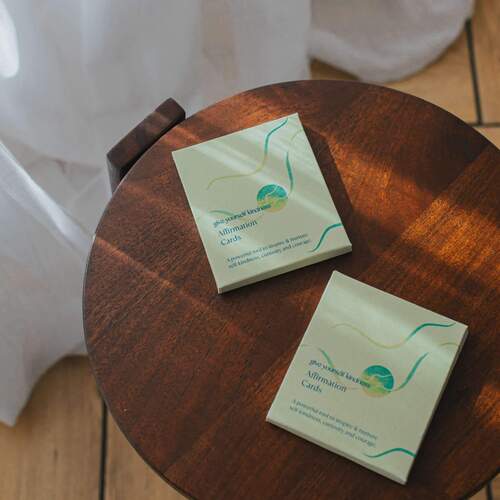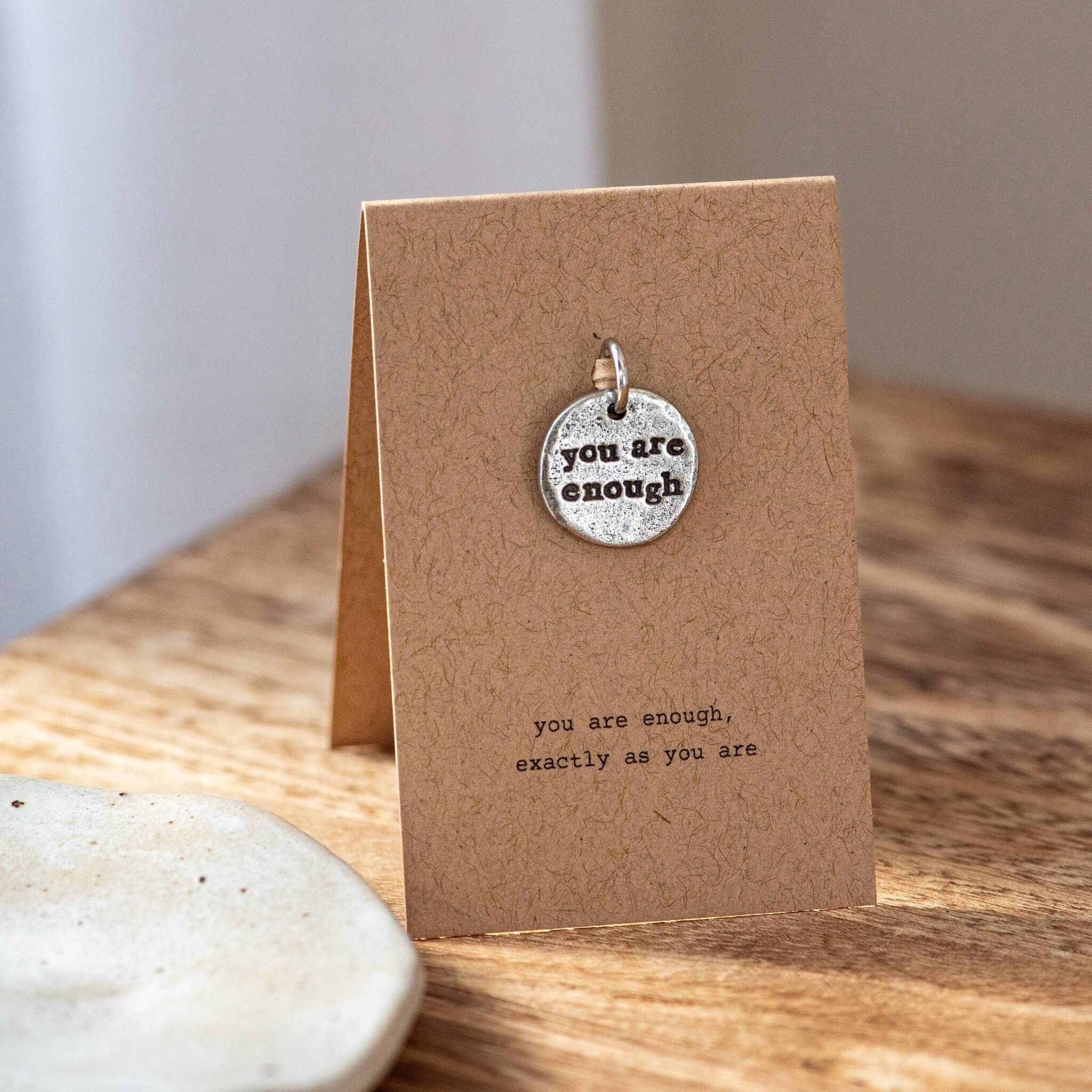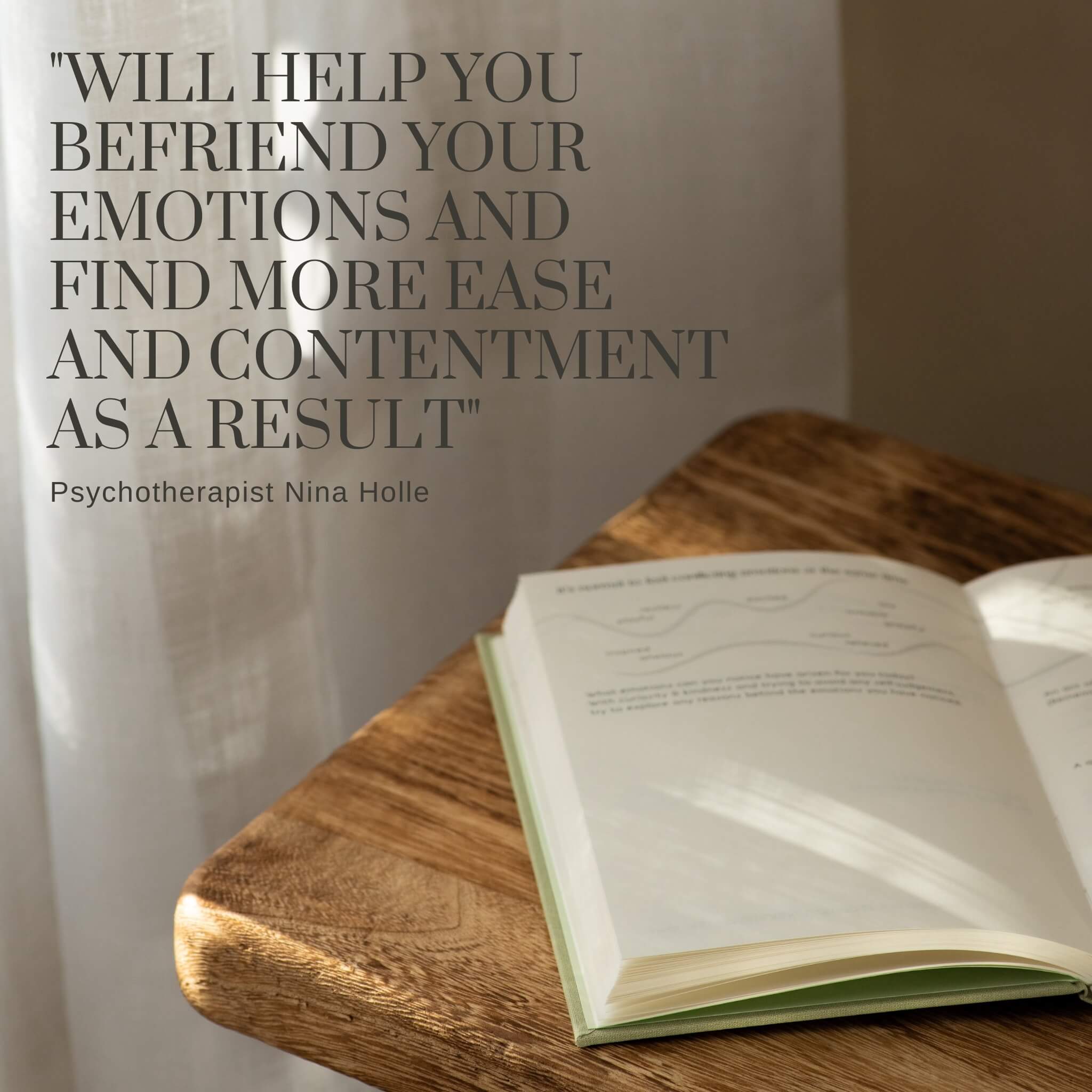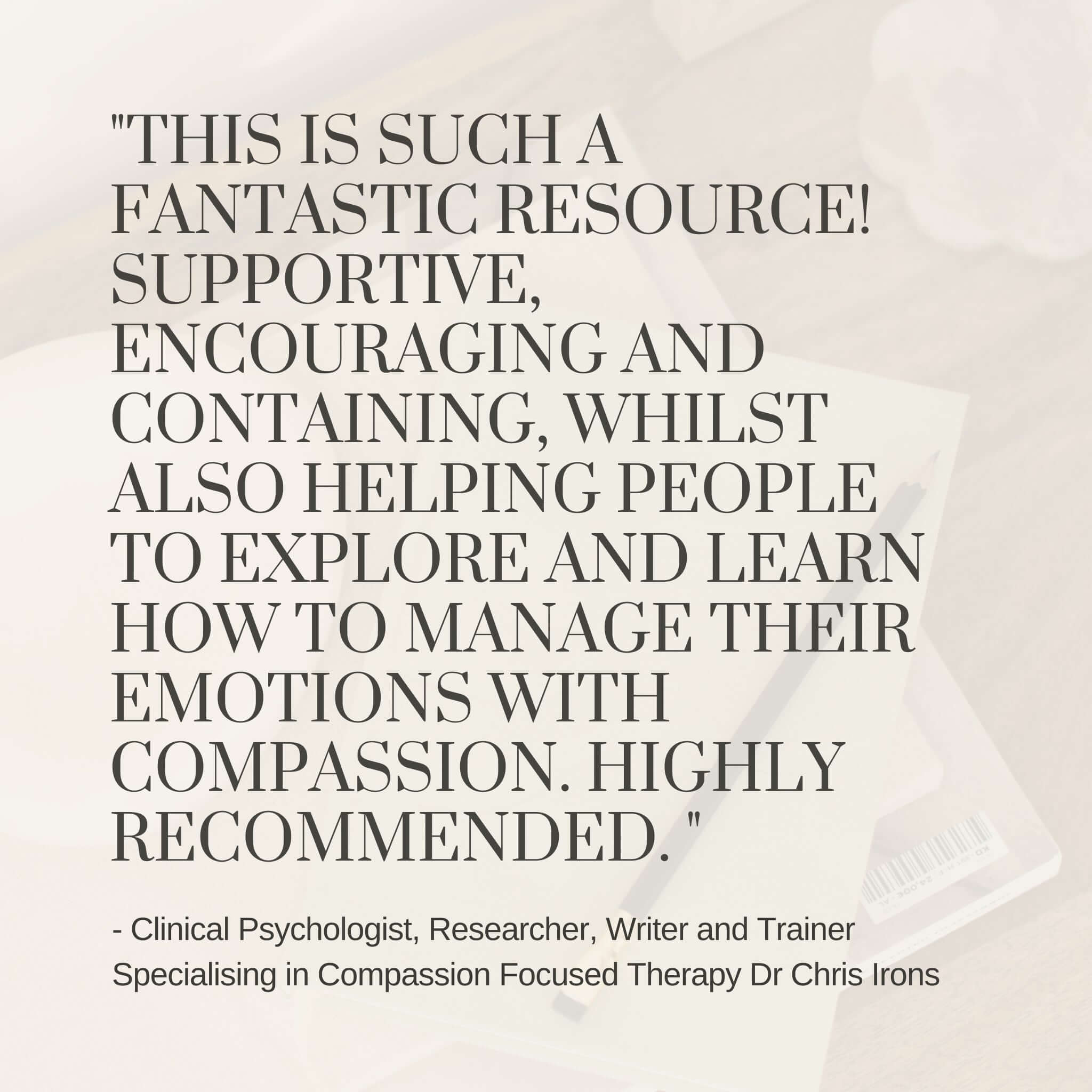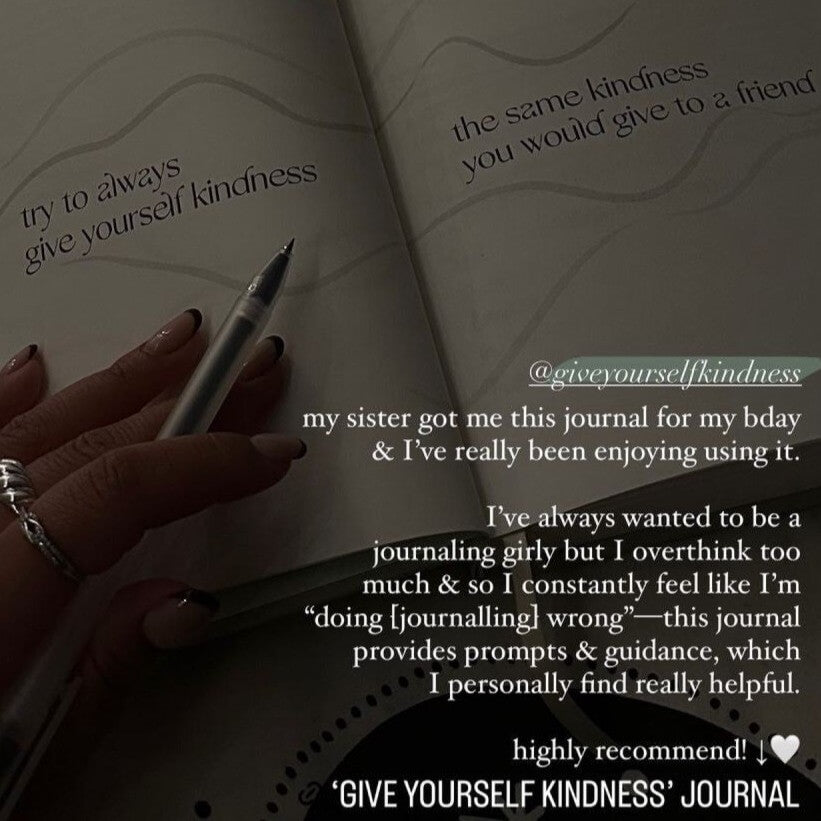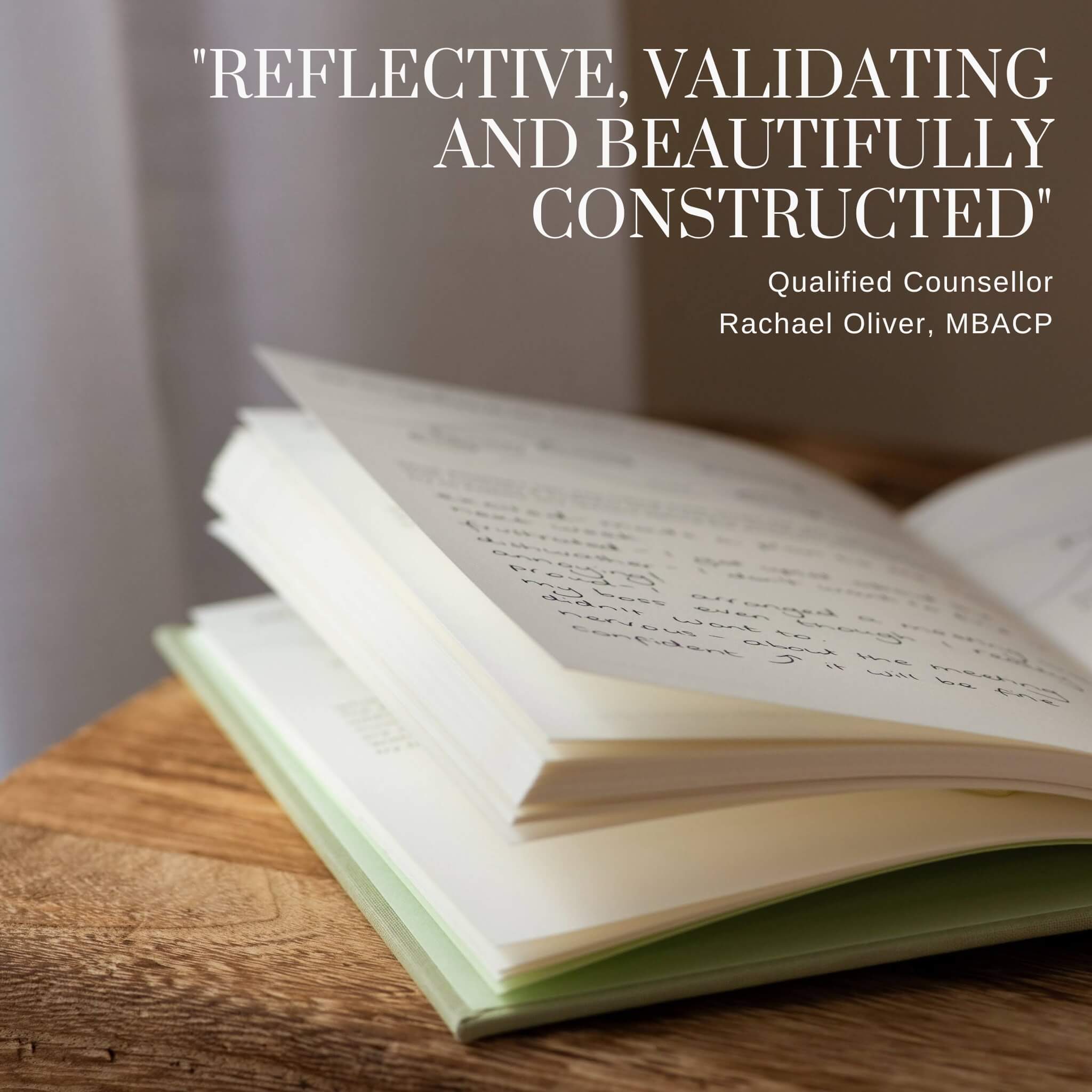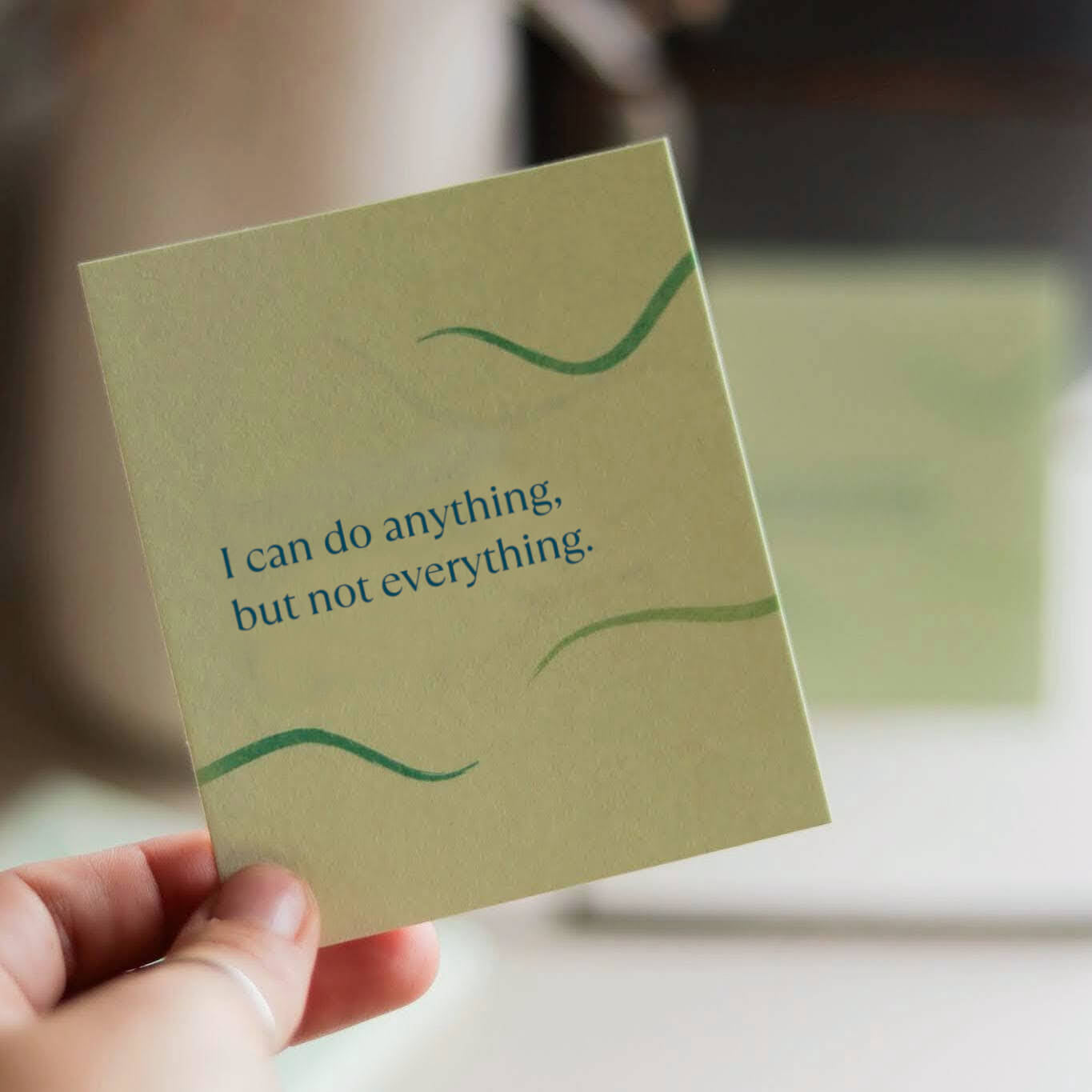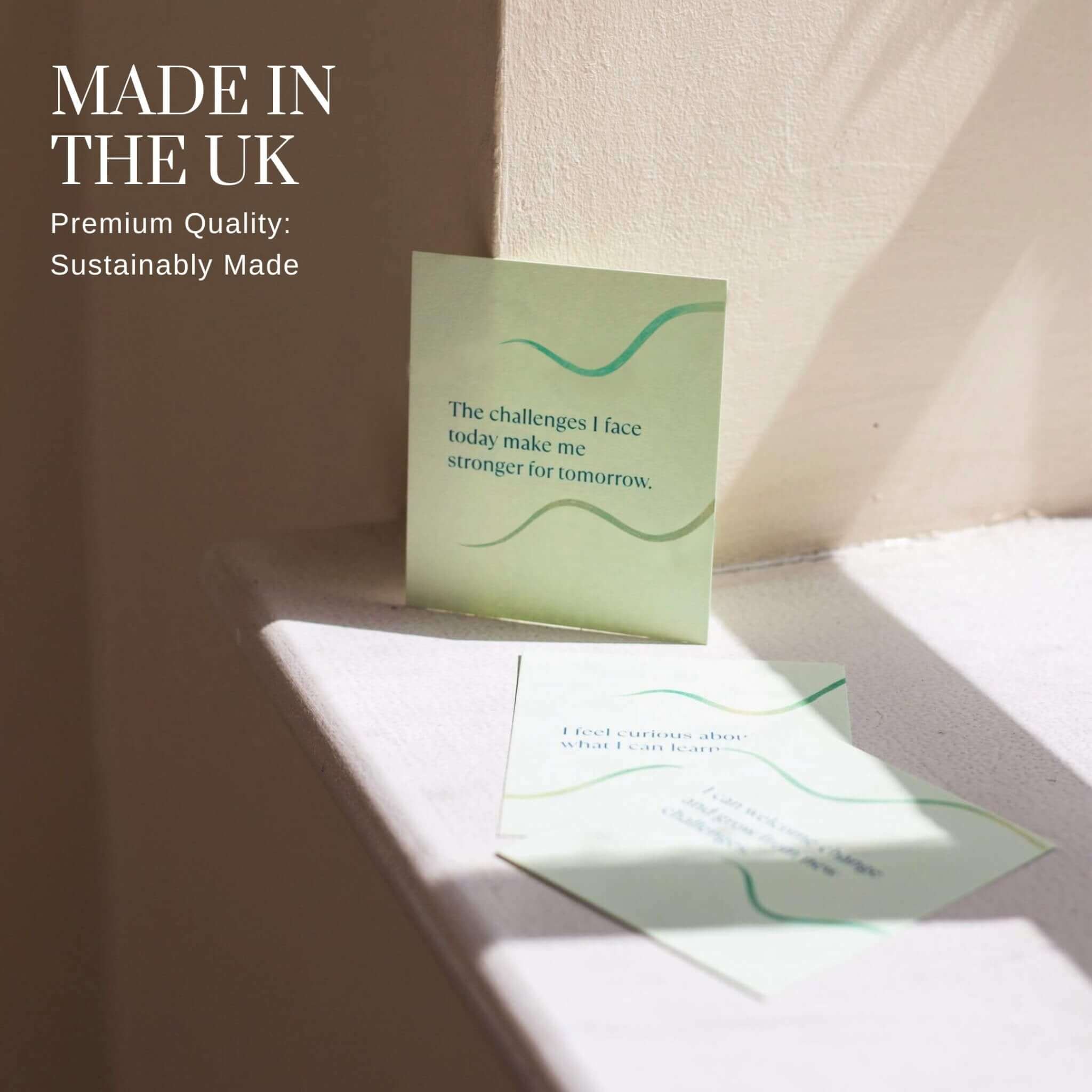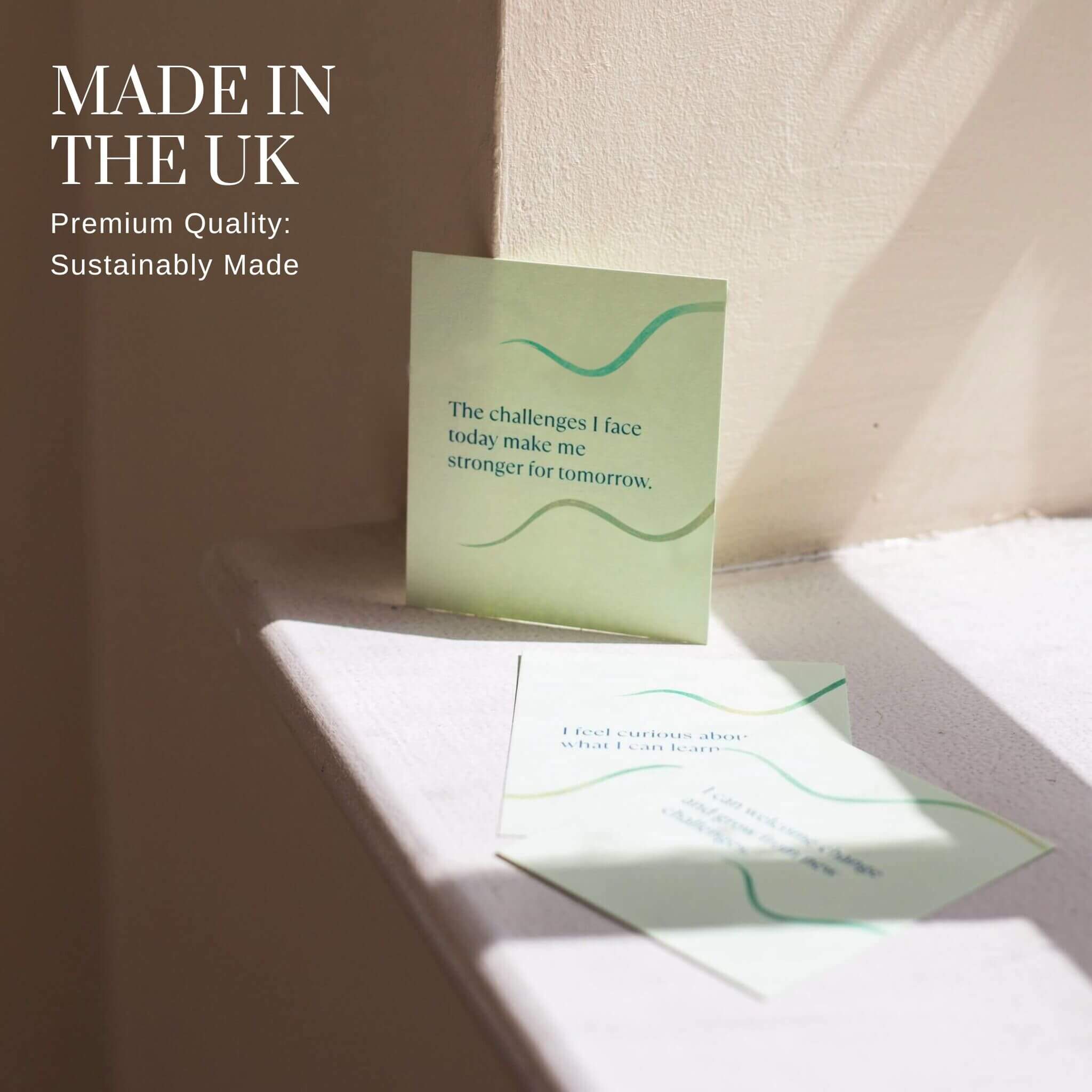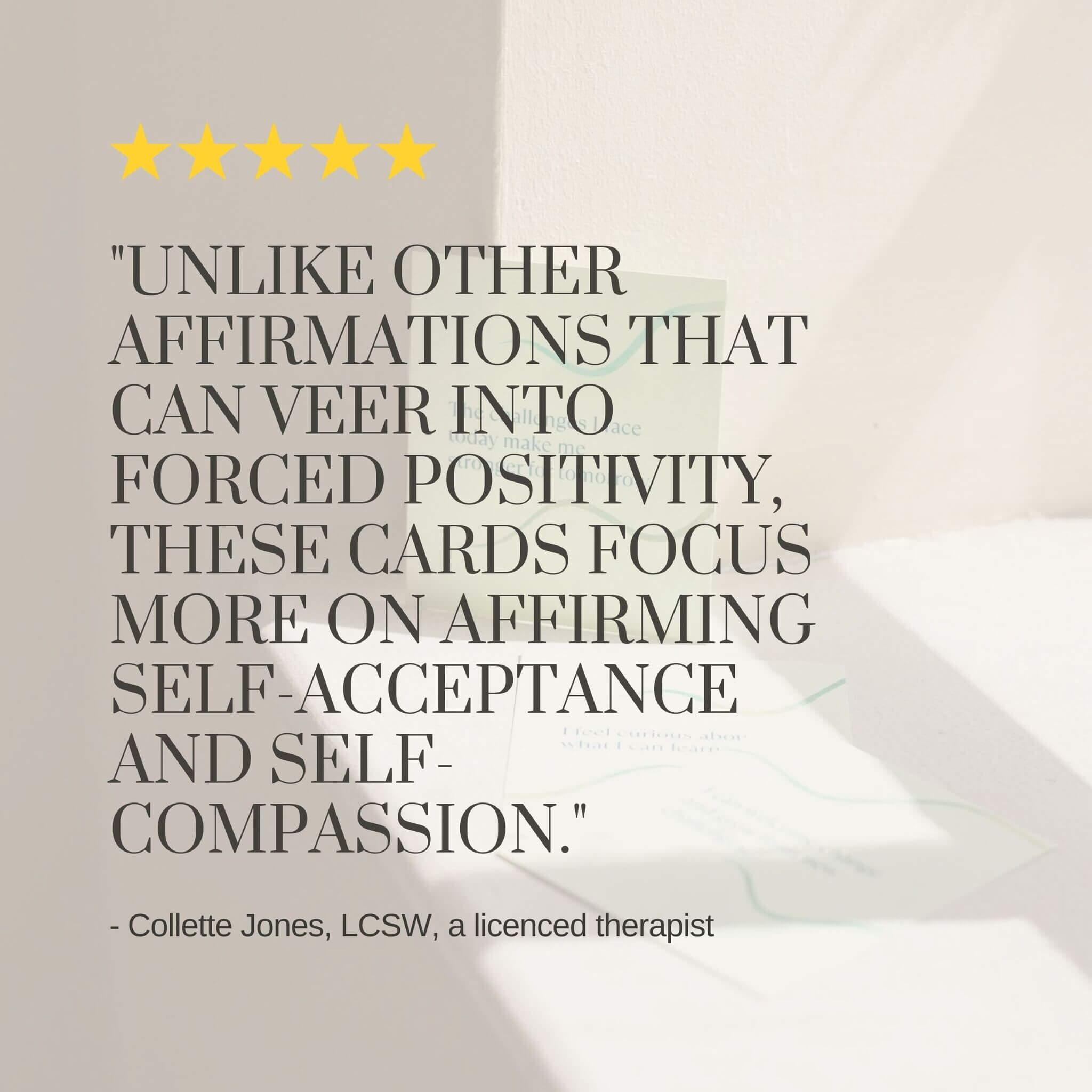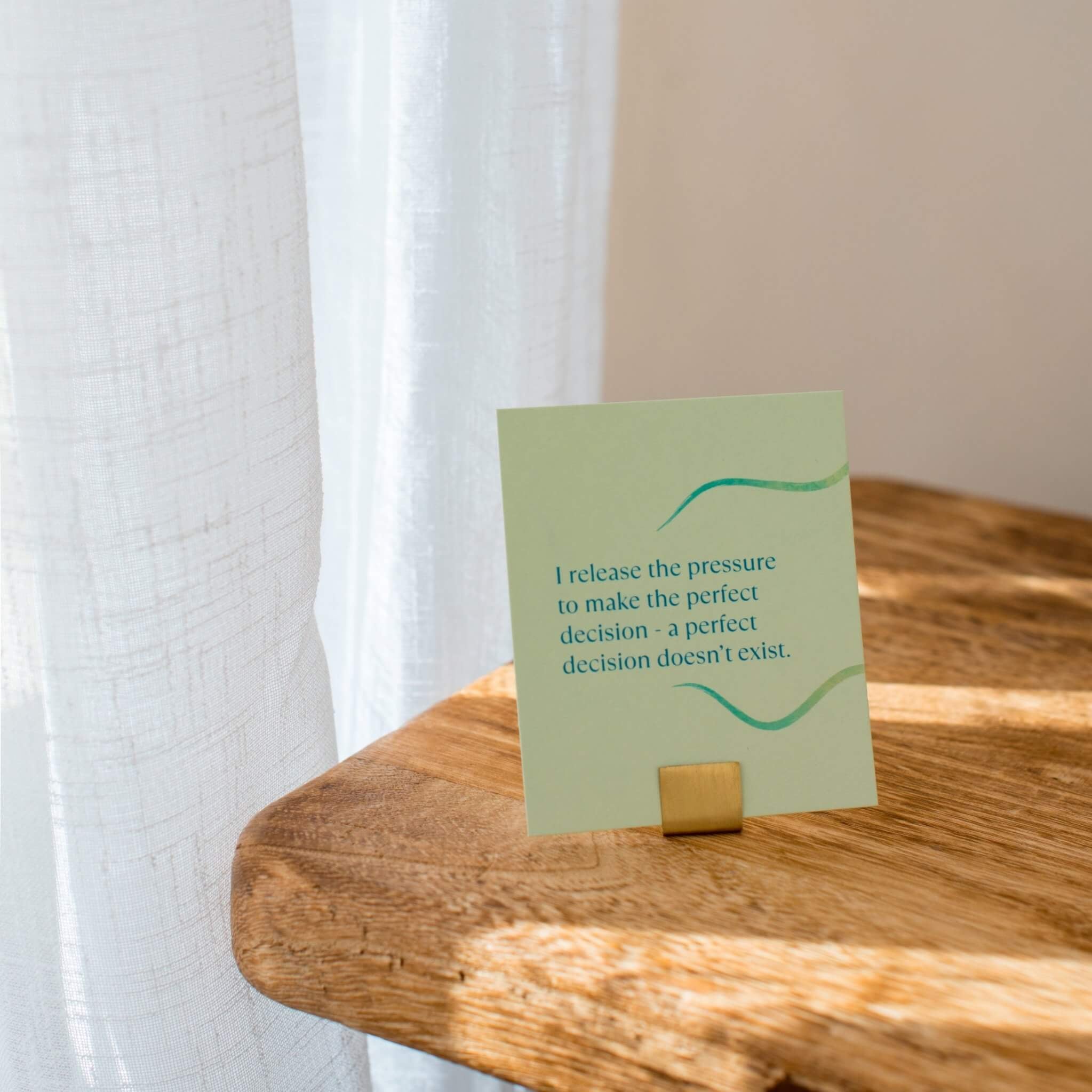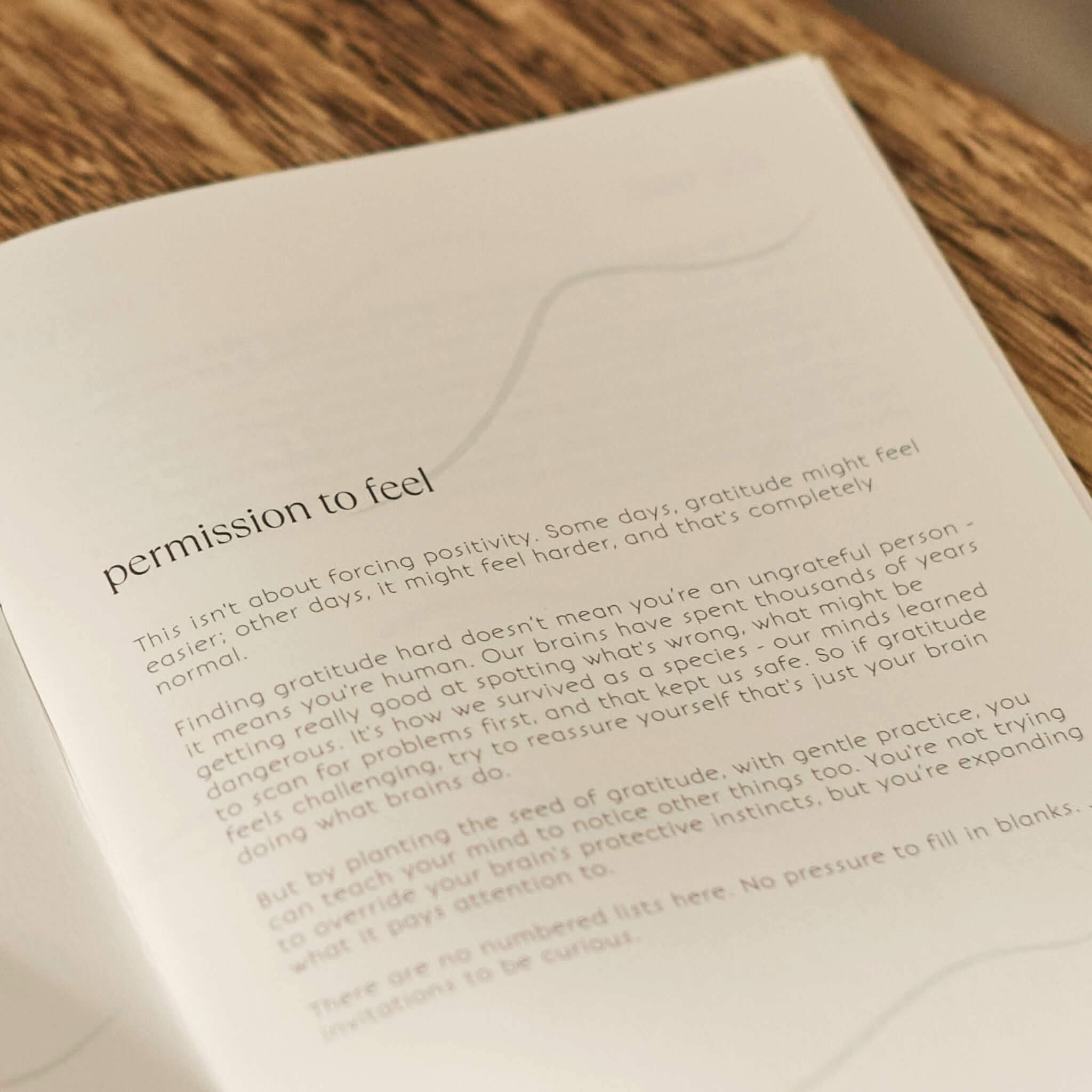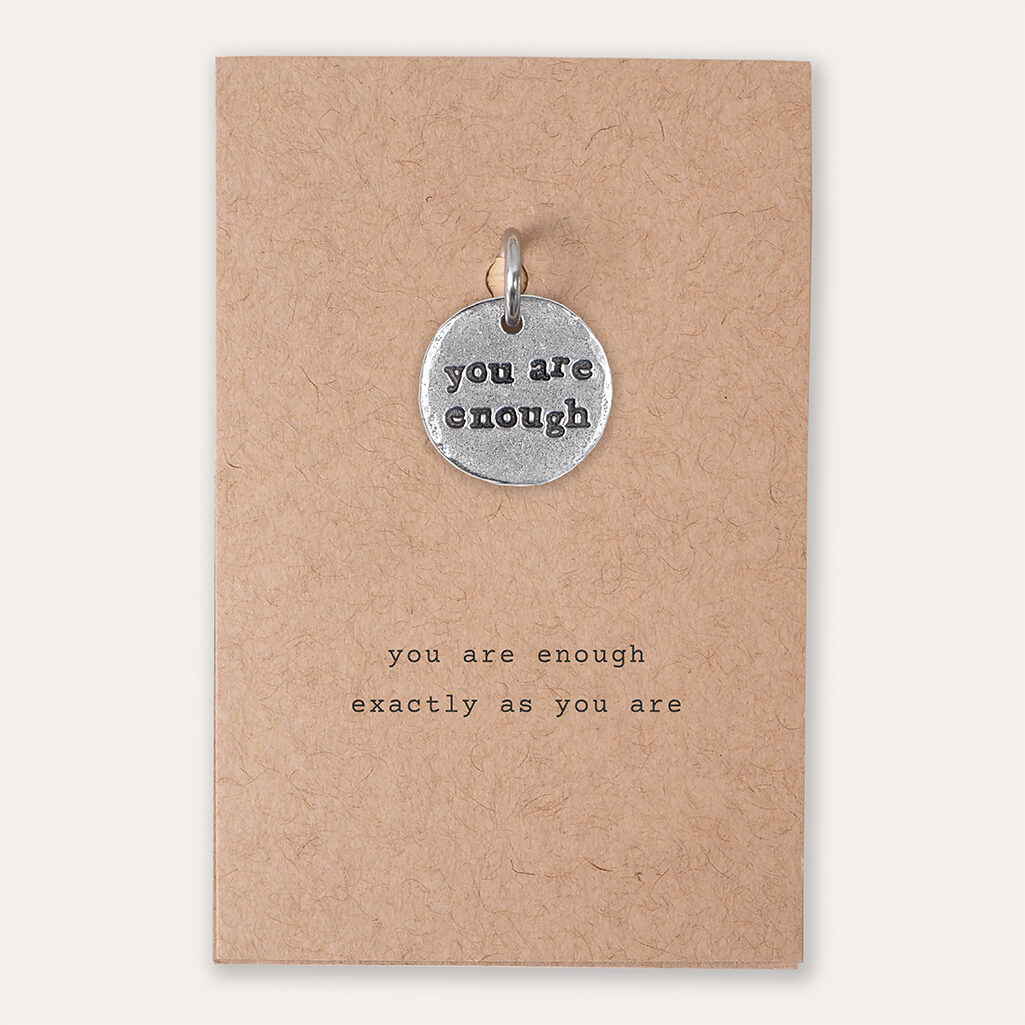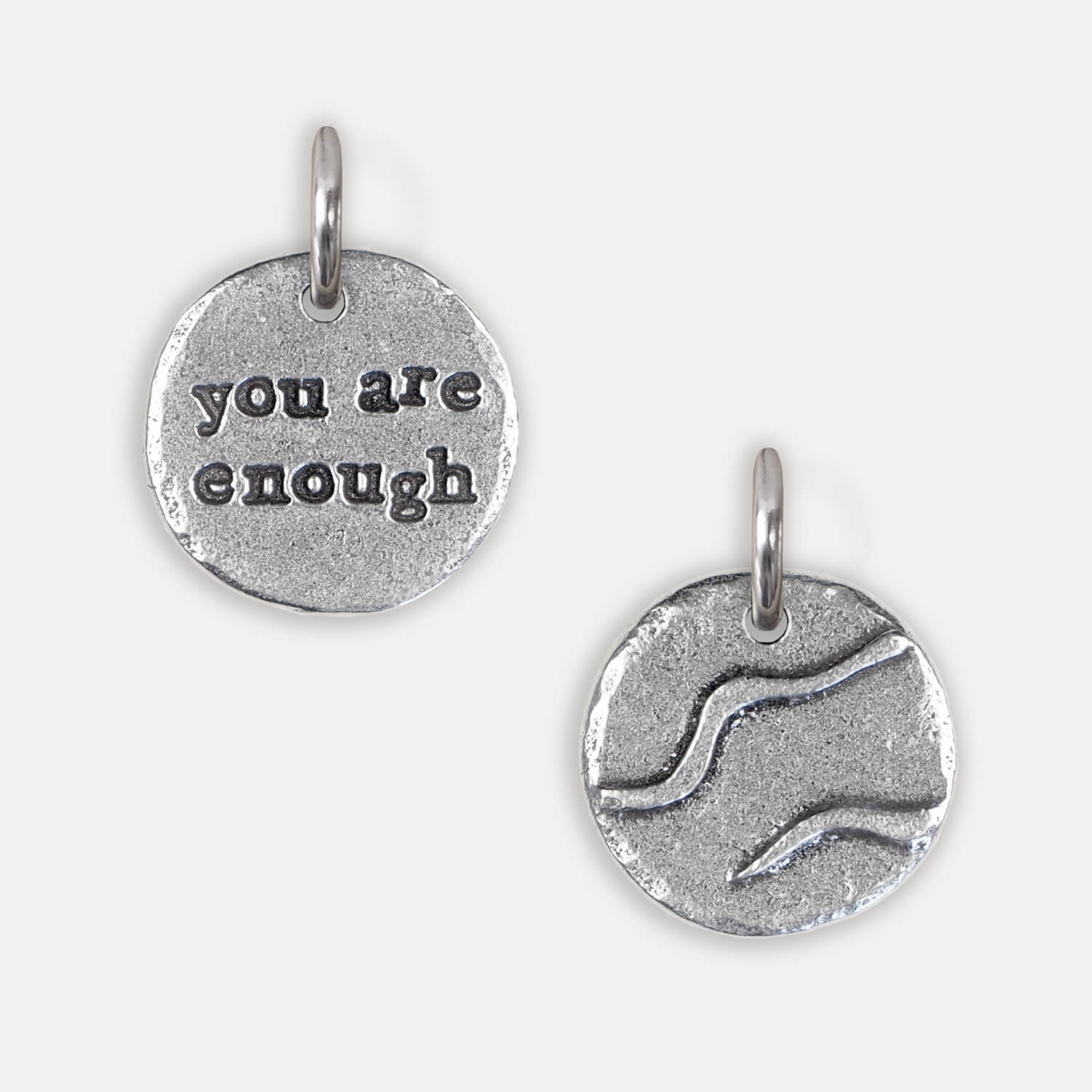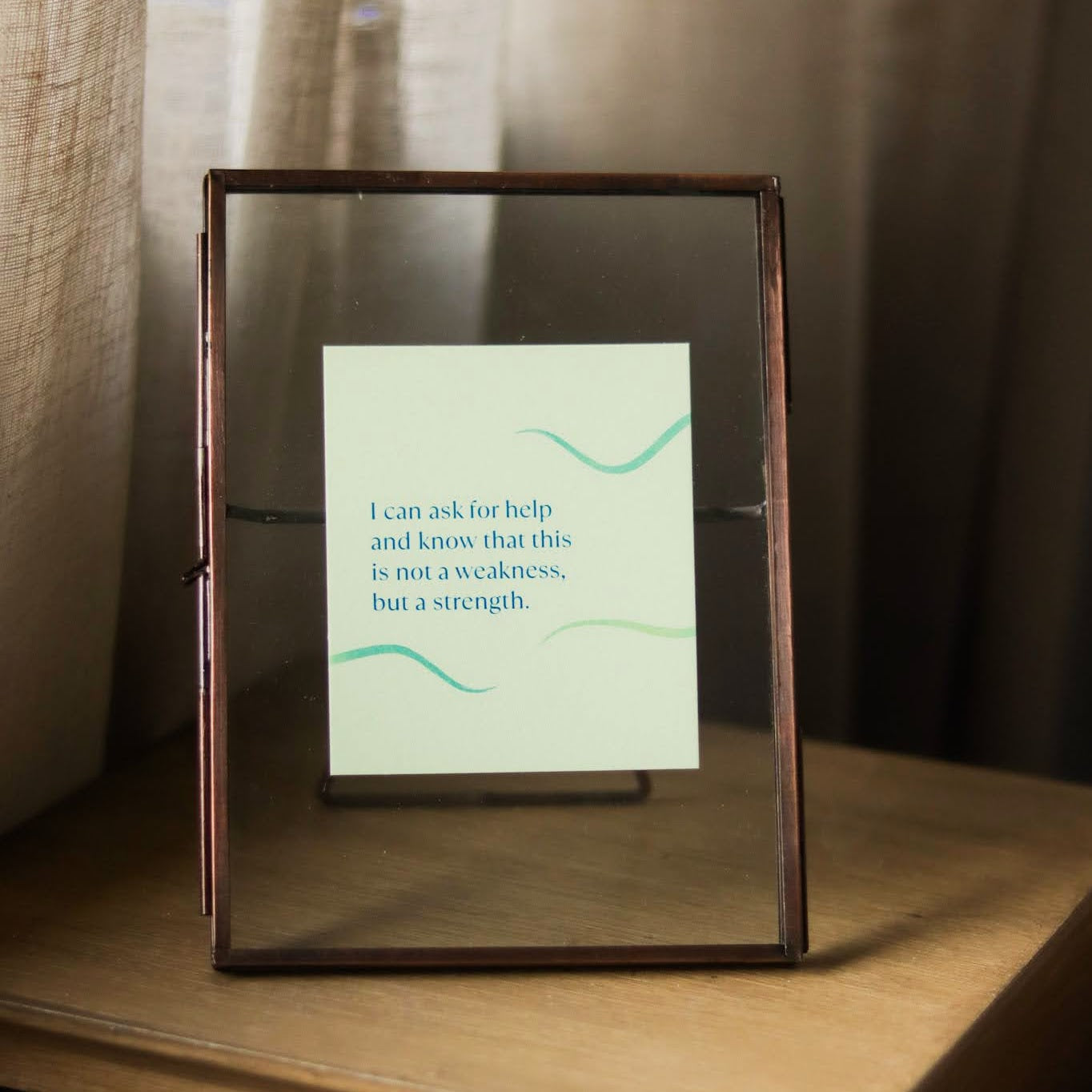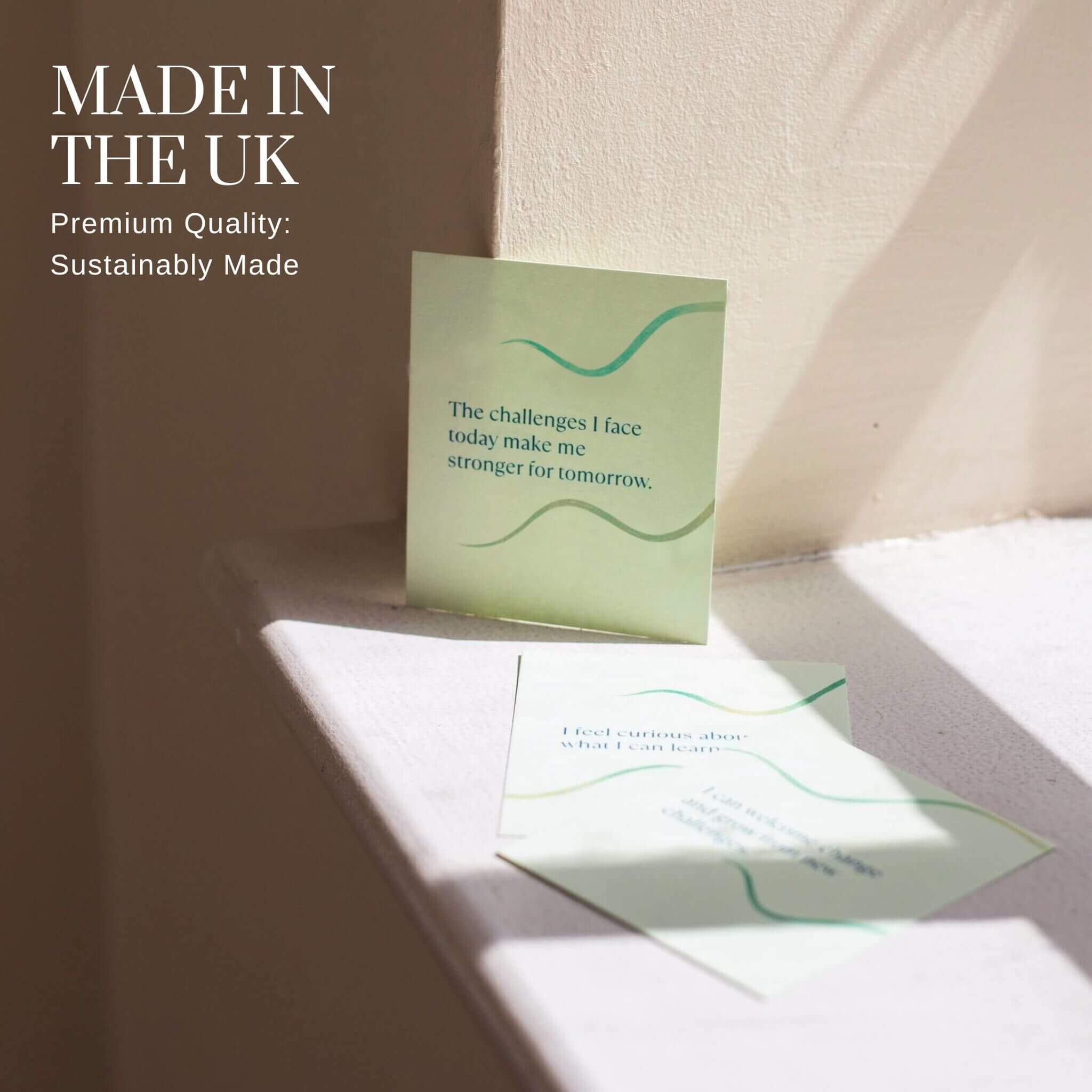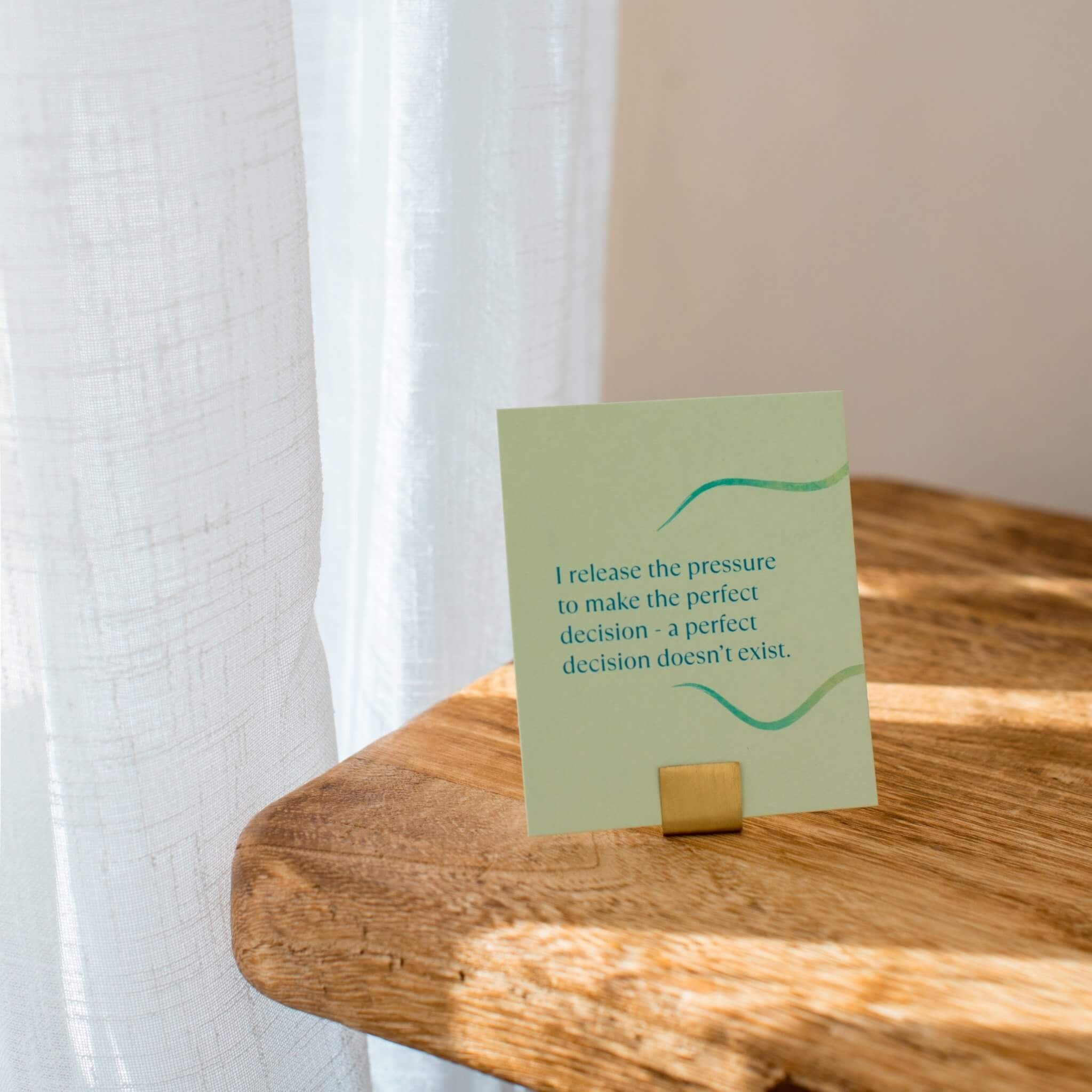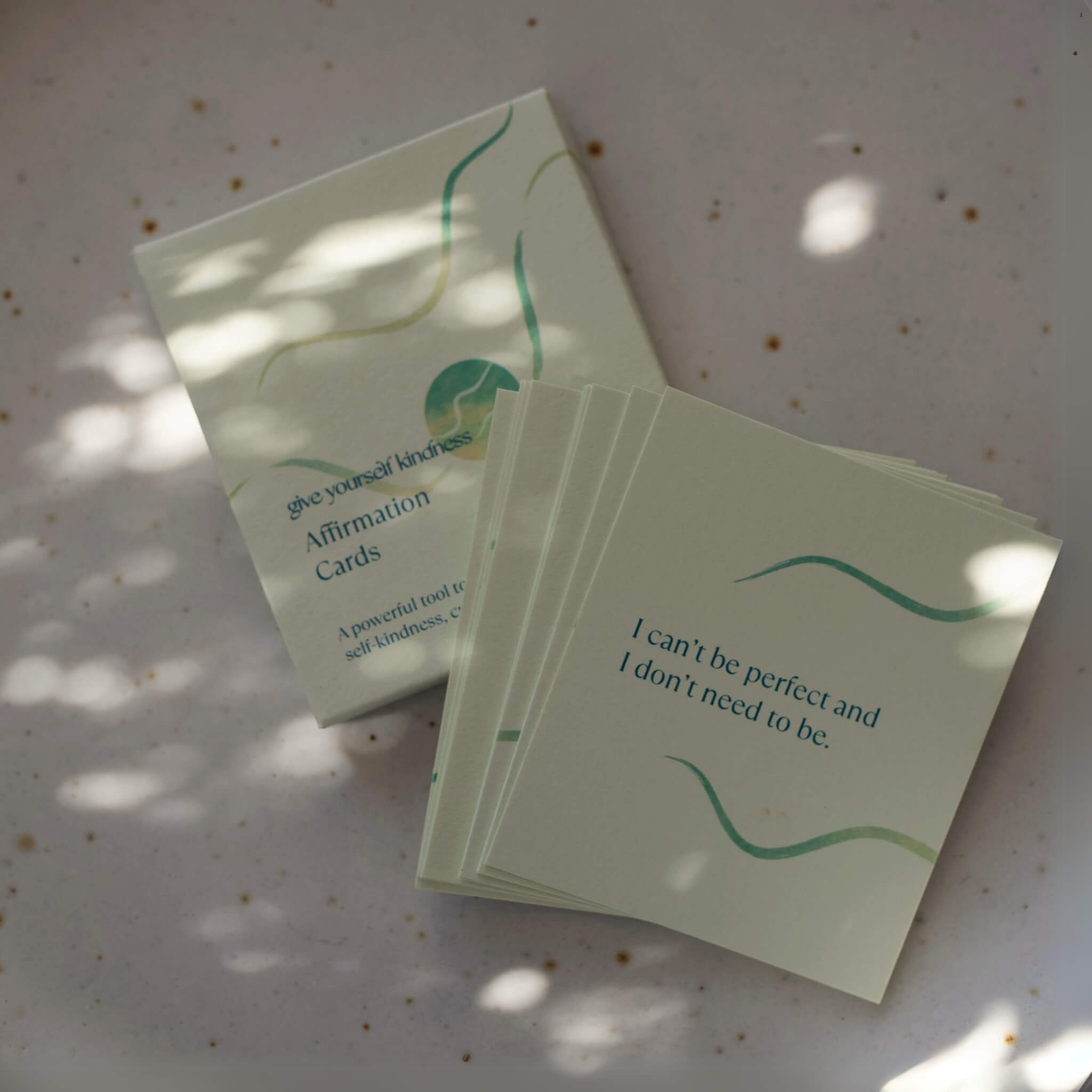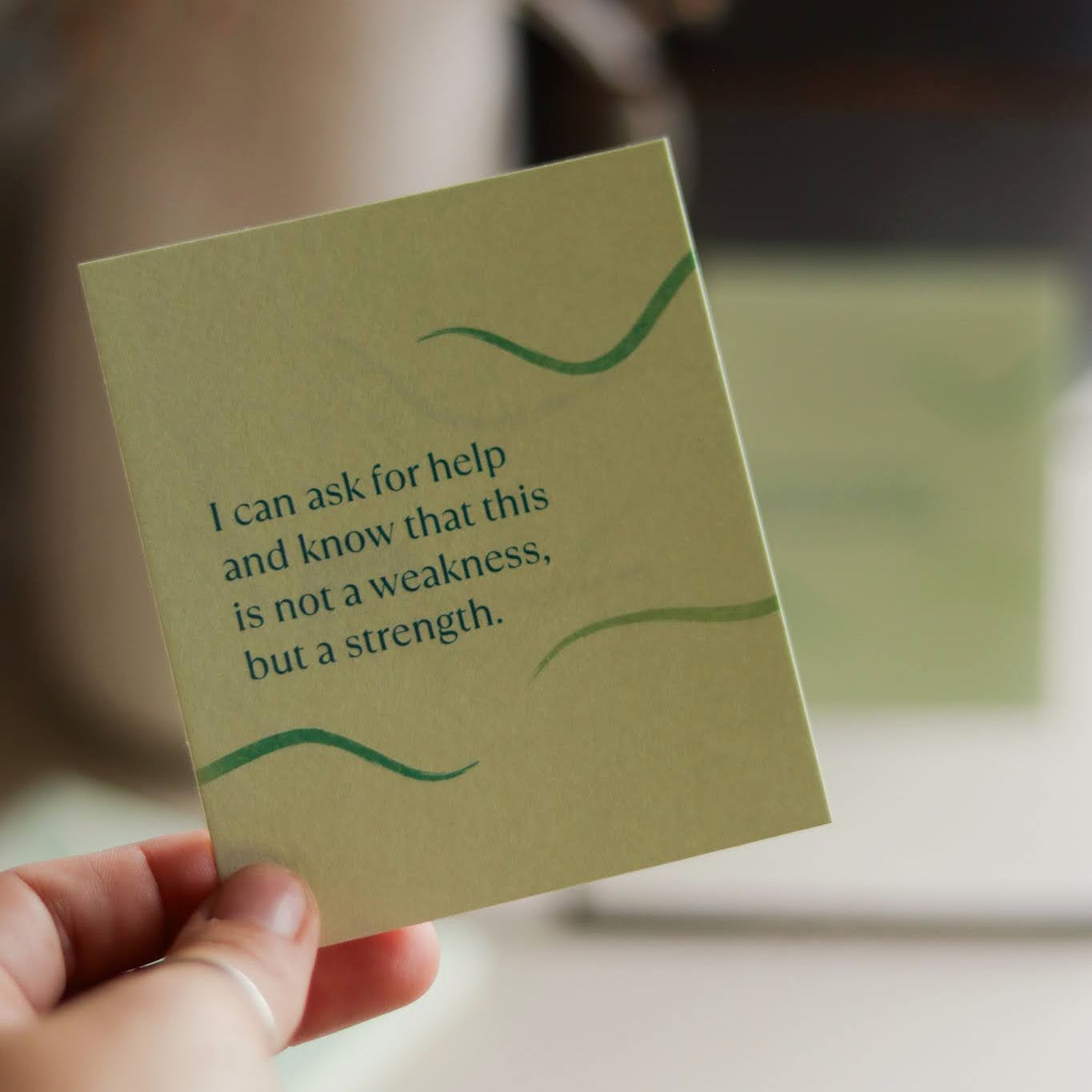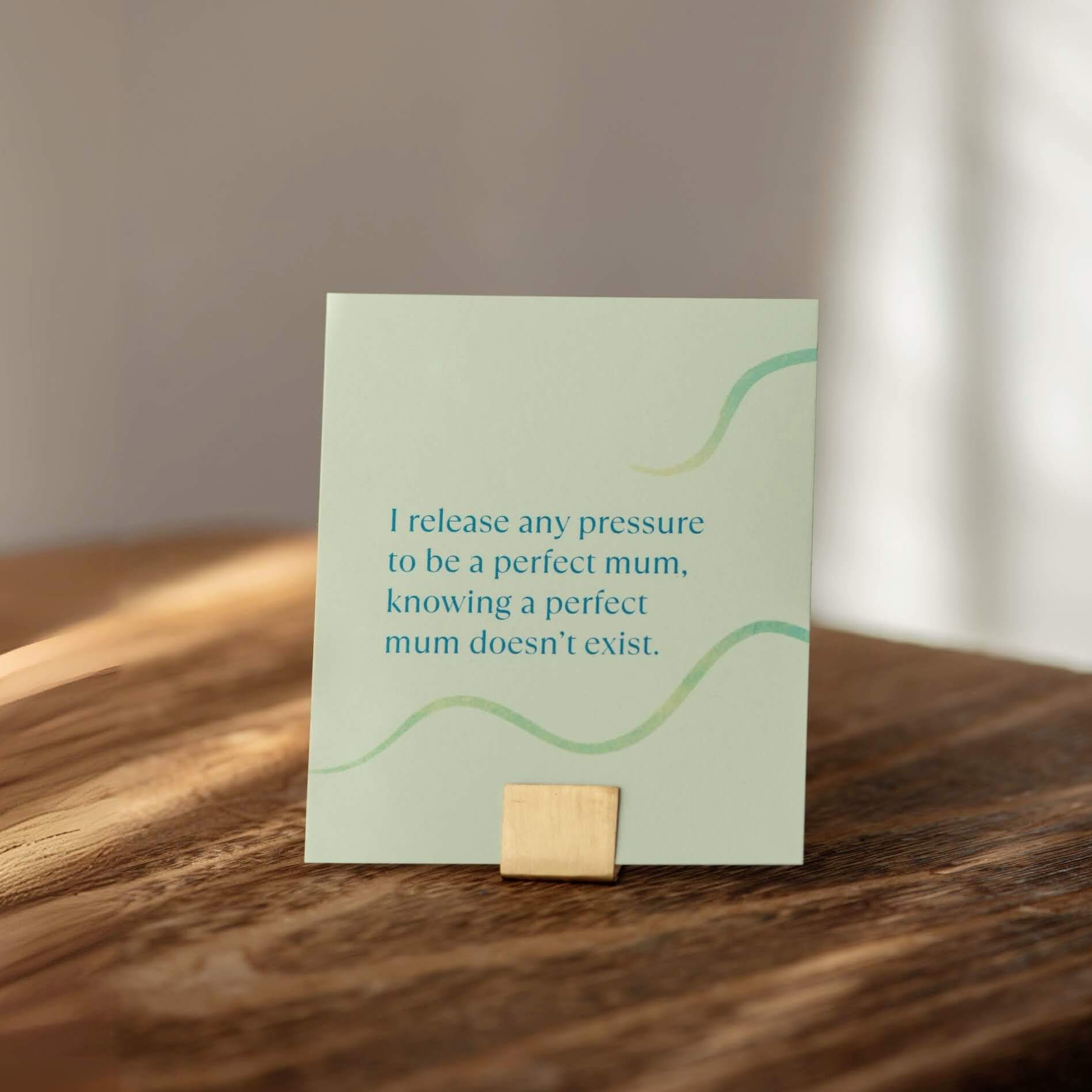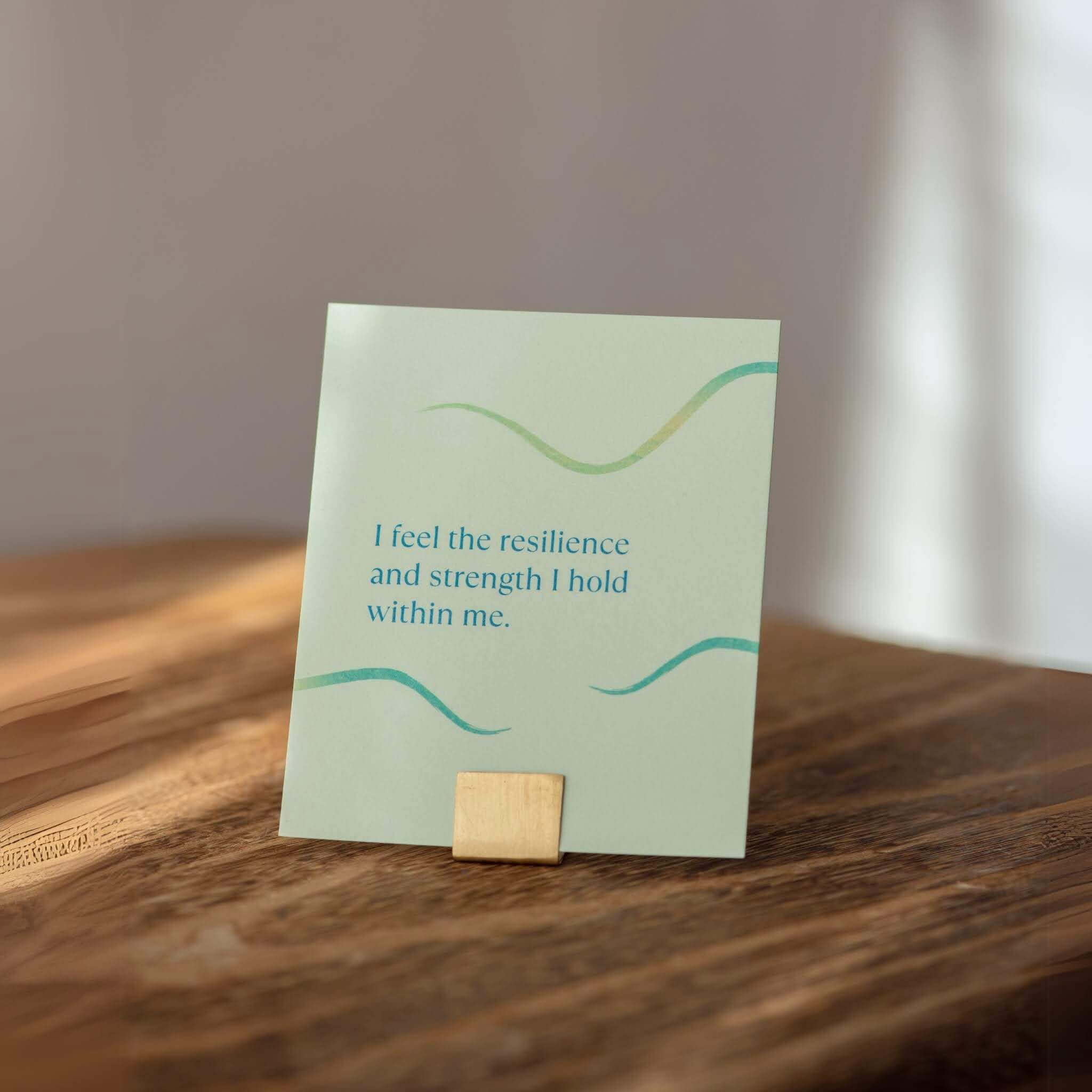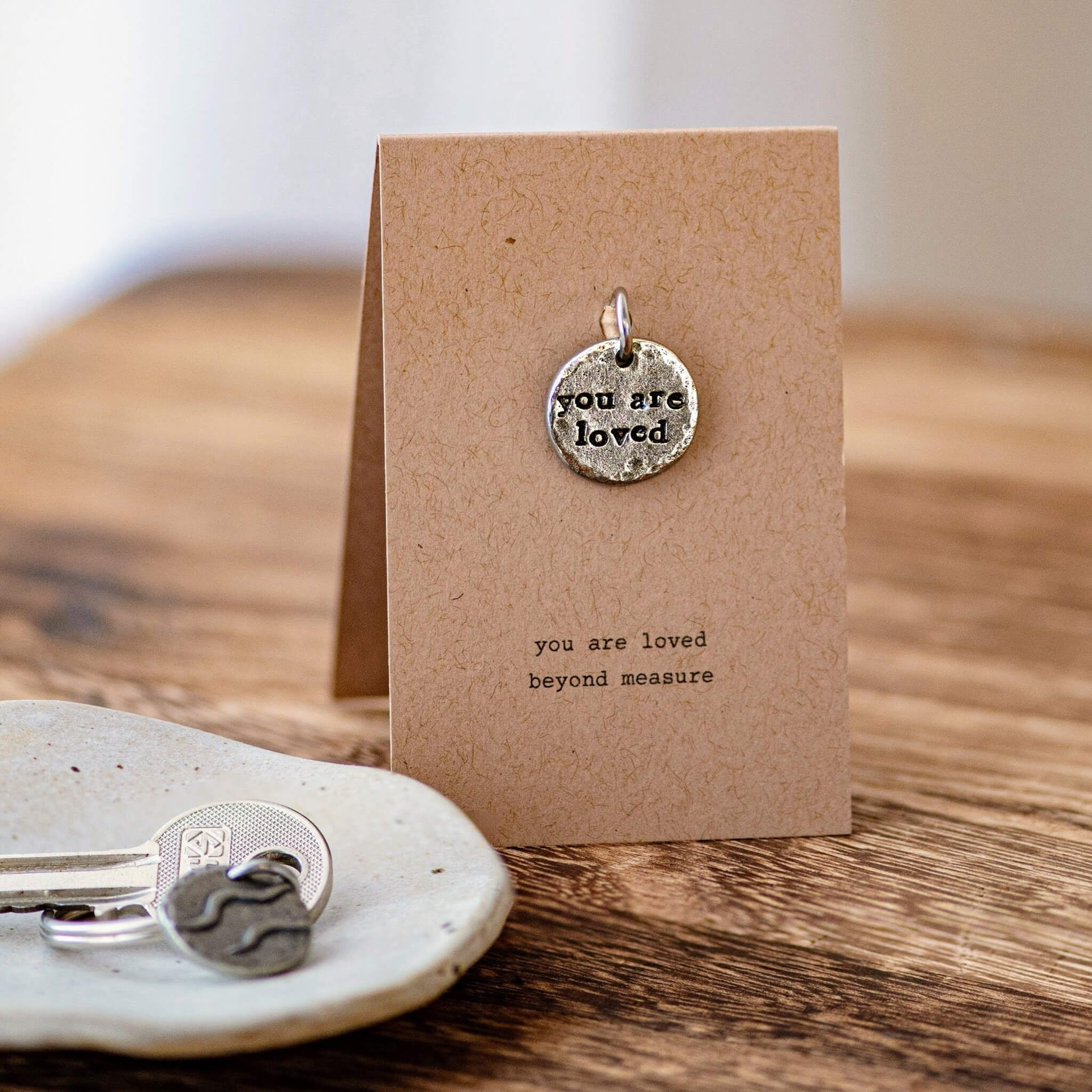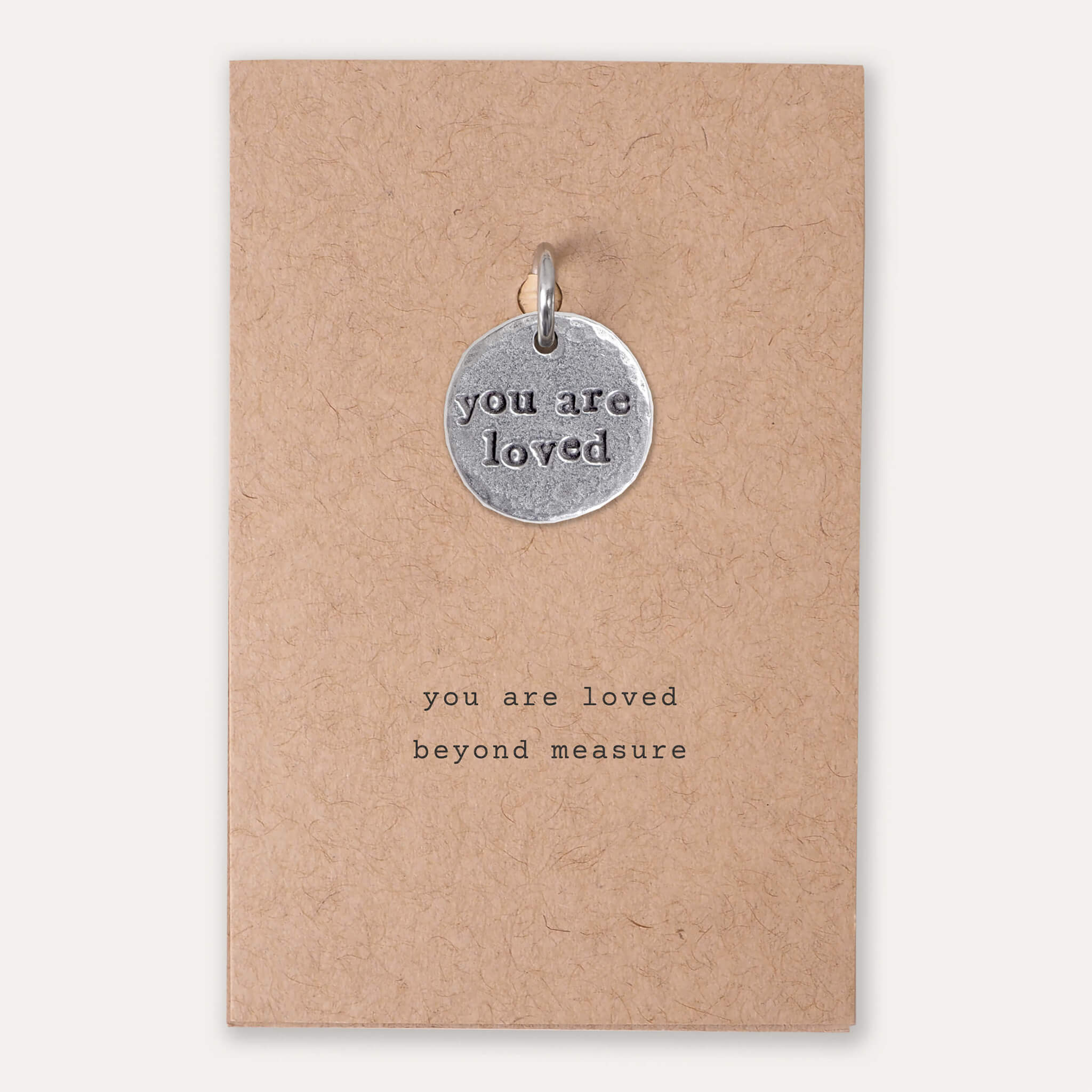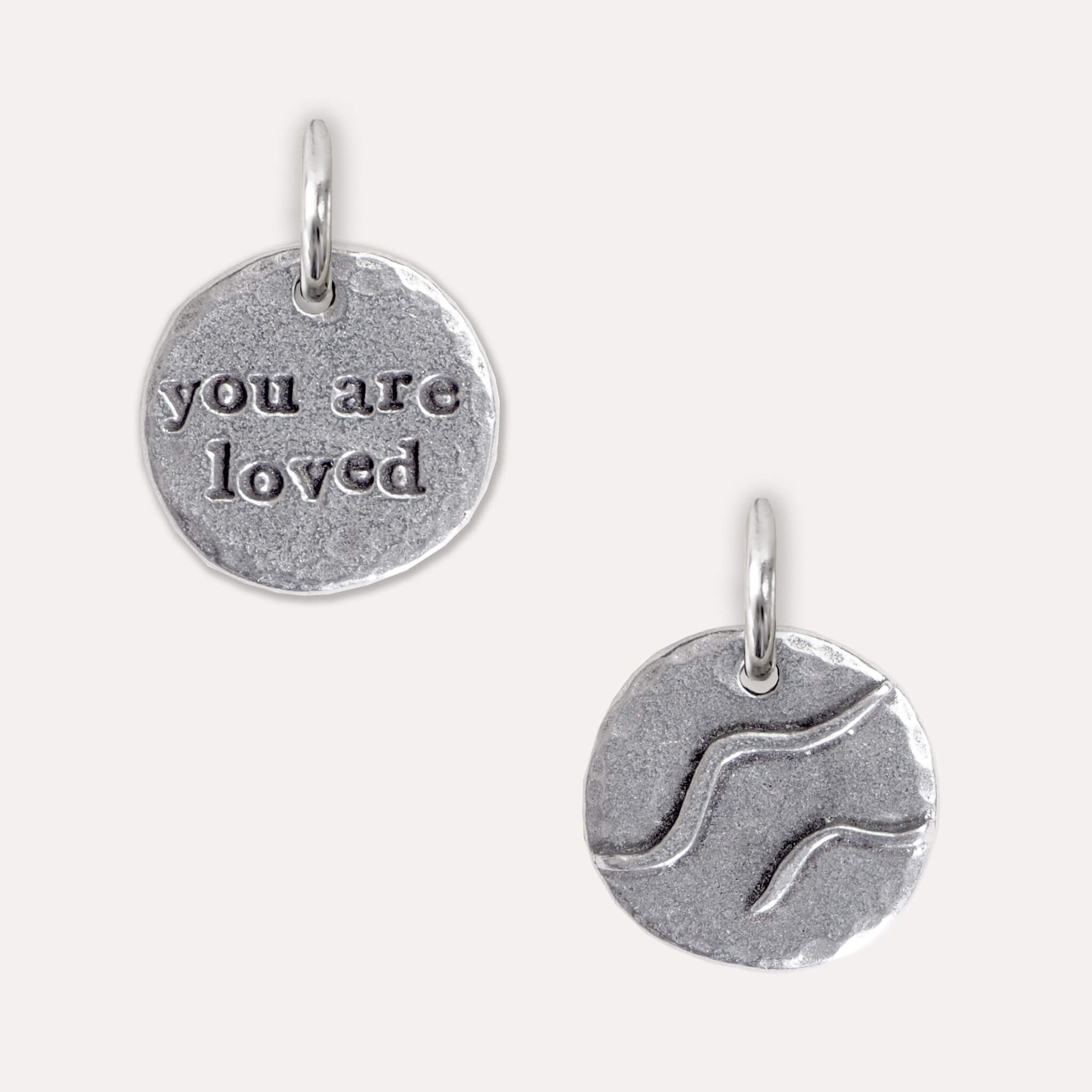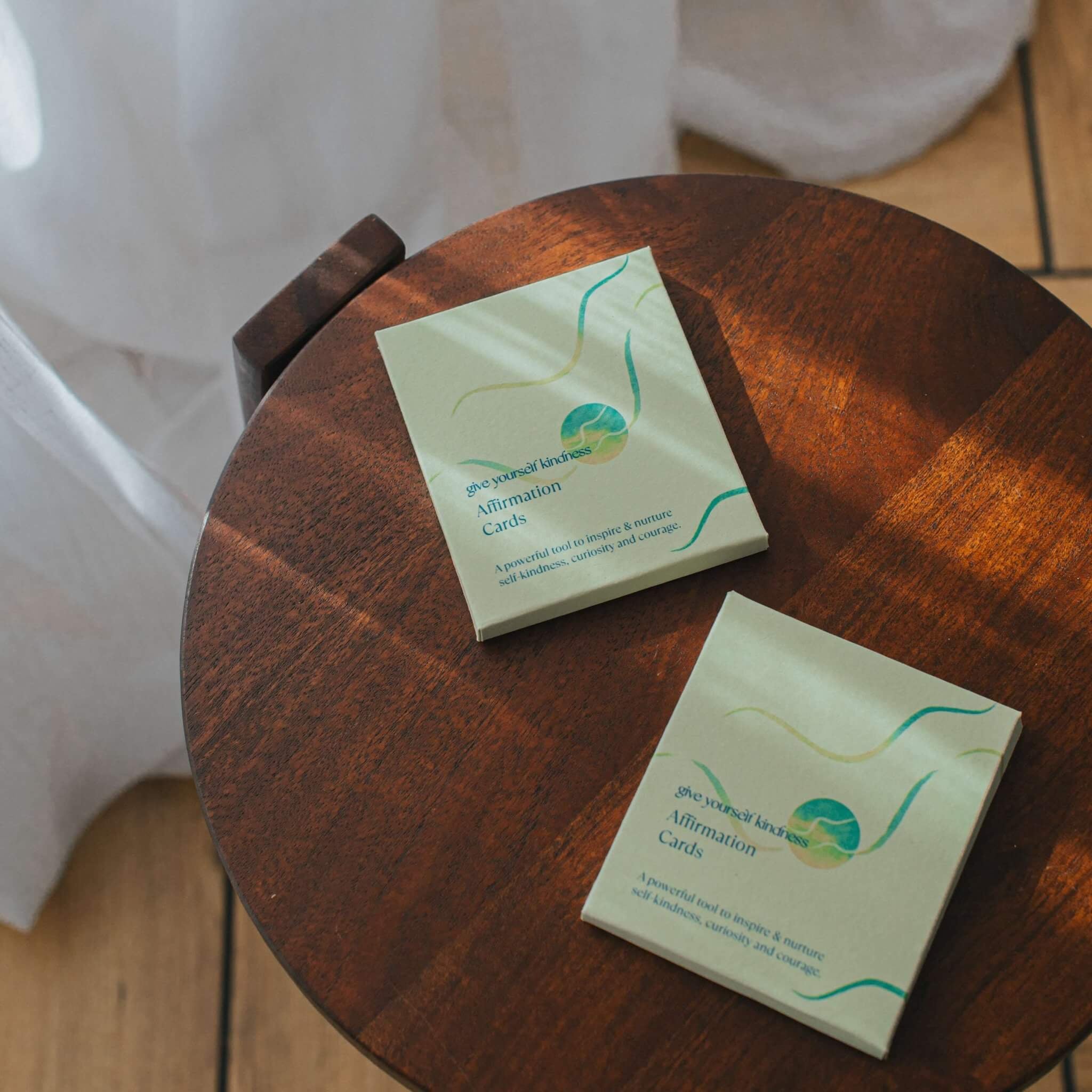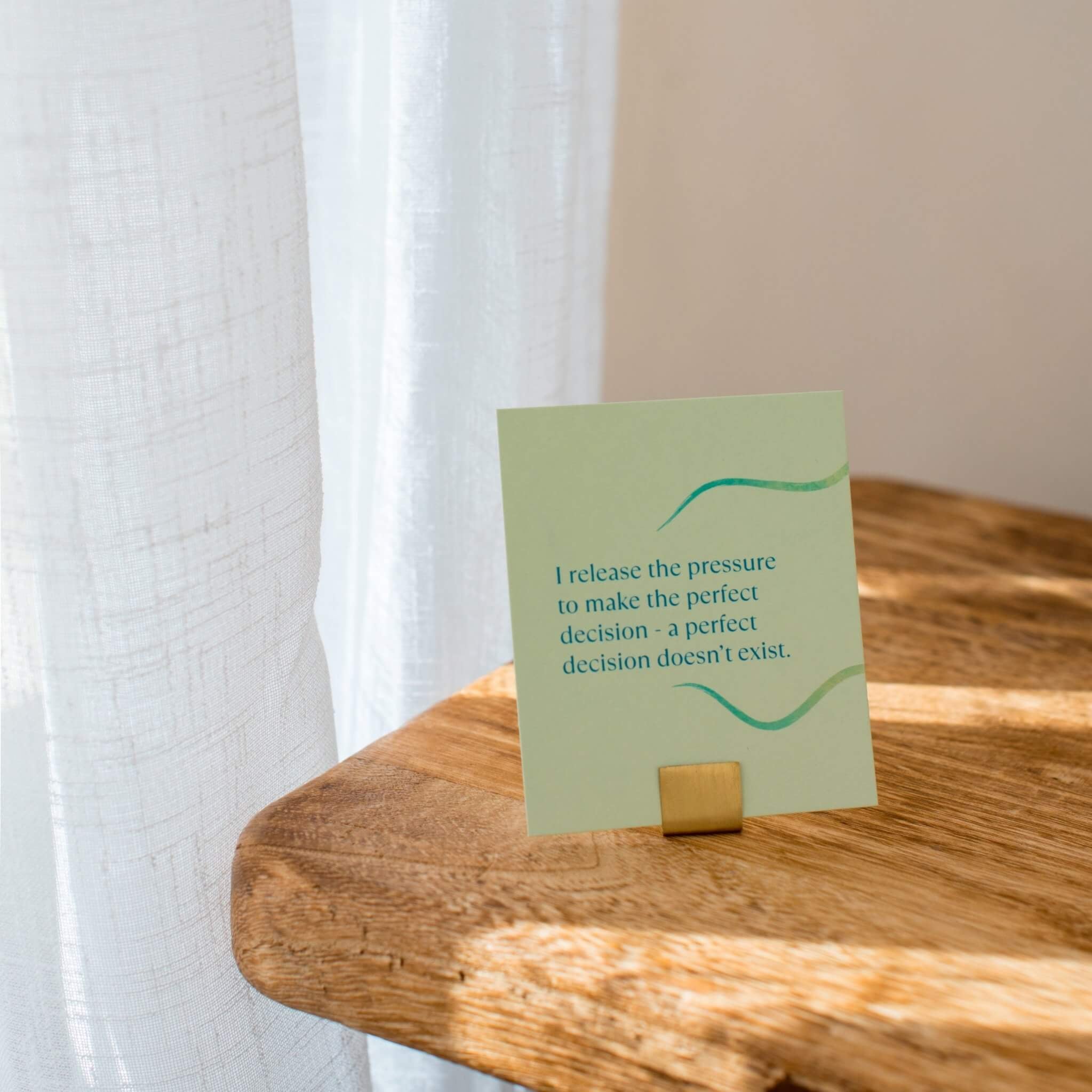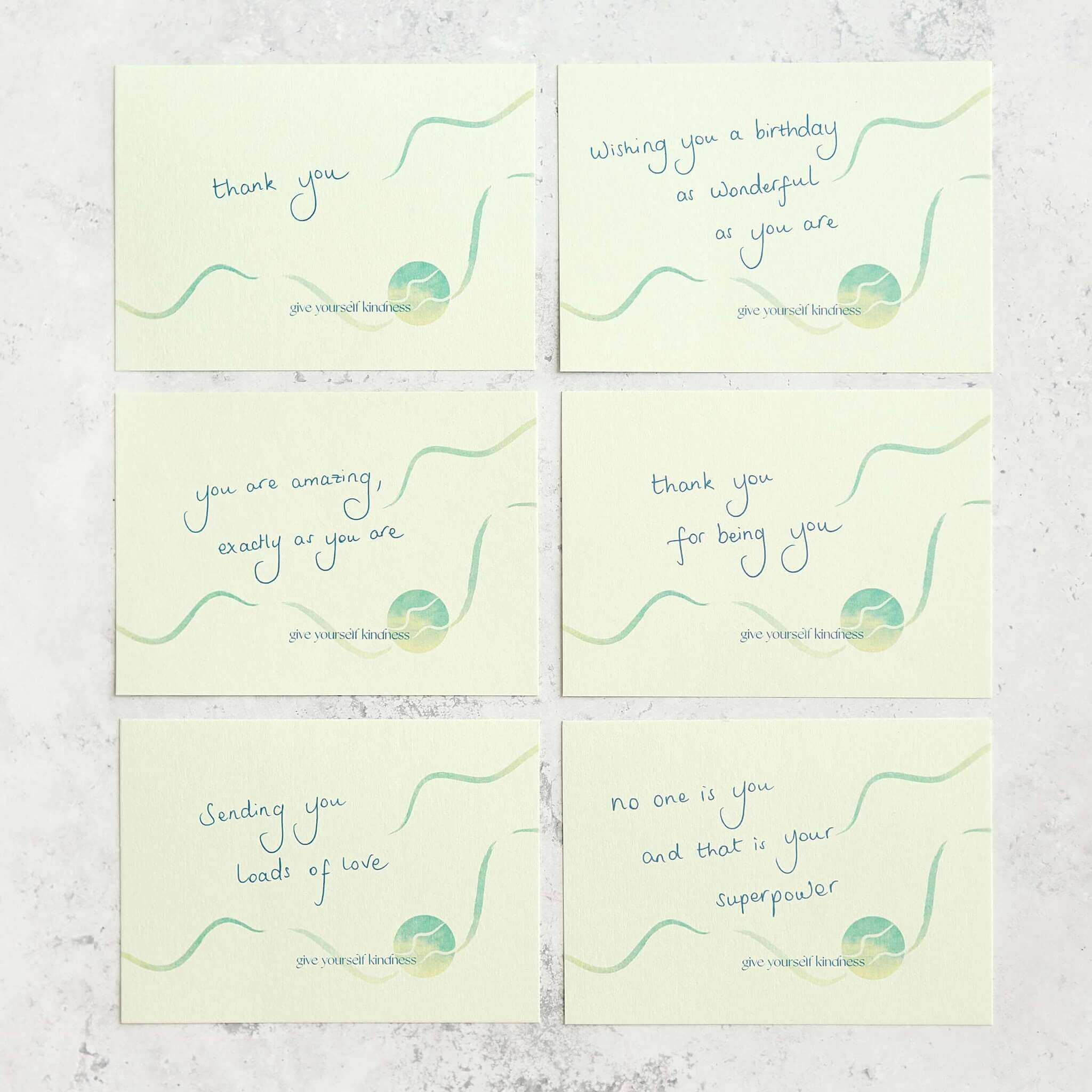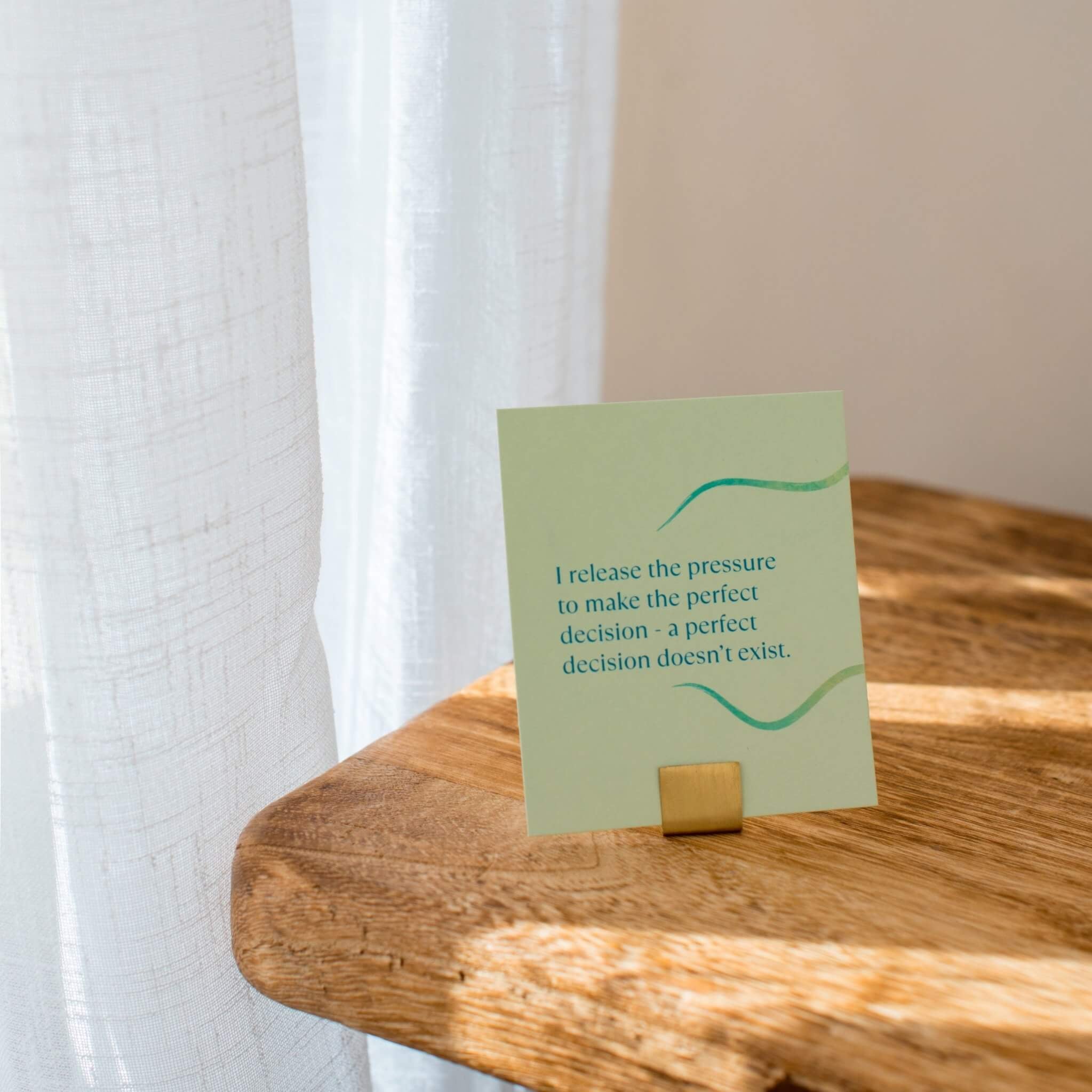- Dr. Jeffrey McDonnell, a specialist Clinical Psychologist, working in London, UK. Jeffrey has worked across a variety of clinical and academic settings and has held research and teaching fellowships at University College London. Jeffrey specialises in the treatment of complex trauma, and the impact of childhood experiences of adversity including difficulties with emotion regulation, self-criticism, shame and guilt.
- Dr. Caroline C. Lee, PhD, a licensed Clinical child, adolescent, and adult Psychologist currently in private practice in Orange County, California. She specializes in treating anxiety disorders and values integrating evidence-based practices- including utilizing cognitive behavioral therapy, positive psychology, and acceptance commitment therapy.
- Willem Kuyken, PhD, DClinPsy, the Ritblat Professor of Mindfulness and Psychological Science at the University of Oxford, United Kingdom. His work focuses on preventing depression, promoting mental health, and flourishing across the lifespan. He has published more than 150 journal articles and is listed by Web of Science as in the top 1% of the most cited scientists in the world.
- Annabelle Kyle Dortch, Psy.D, a Los Angeles-based Clinical Psychologist. She specializes in helping clients navigate life transitions, relationships, stress, anxiety, and the impacts of trauma.
- and Dr. Michelle Chung, a Clinical Psychologist specializing in the evaluation and treatment of a diverse range of concerns, including anxiety-related disorders, trauma, mood disorders and ADHD.

Do affirmations work?

It depends...
Positive affirmations can take various forms e.g. general psychological principles (or adages) that promote realistic expectations of ourselves (such as “thoughts are not facts”, “emotions are a normal part of being human”) and positive self-affirmations (such as “I am a loveable person”, “I am a strong and capable person”).
Research suggests that for some people, positive self-affirmations can be helpful but for others, they may be ineffective or even harmful (particularly for those who may already struggle with low self-esteem) [1].
'important that the affirmation is developed and applied thoughtfully'
It is therefore important, if experimenting with positive self-affirmations, that the affirmation is developed and applied thoughtfully.
This includes:
- considering how credible and realistic it feels,
- how individualised and personally meaningful (and emotionally resonant) it is,
- and how well it accommodates the ups and downs of life (including times where you might feel low, anxious or vulnerable).
An effective affirmation will not feel inauthentic, invalidating of personal experience or rigid and demanding. Ideally it will tap into, and act as a reminder, of personal strengths, positive relationships and values.
'act as a reminder, of personal strengths, positive relationships and values'
It will ultimately assist in the pursuit of valued activities, even in the presence of difficult thoughts and feelings.

[1] Wood, J. V., Elaine Perunovic, W. Q., & Lee, J. W. (2009). Positive self-statements: Power for some, peril for others. Psychological Science, 20(7), 860-866.

Dr. Caroline C. Lee, PhD is a licensed Clinical child, adolescent, and adult Psychologist currently in private practice in Orange County, California. She specializes in treating anxiety disorders and values integrating evidence-based practices- including utilizing cognitive behavioral therapy, positive psychology, and acceptance commitment therapy. Caroline routinely gives psychoeducation presentations and workshops to schools and organizations and is passionate about destigmatizing mental health and building empowerment and resilience in our communities. You can find her at @dr.carolinelee on Instagram.
Do affirmations work?

For affirmations to be effective, they need to resonate with you on a deeper level and feel believable
It's important to recognize that affirmations can work in both positive and negative ways.
'affirmations can work in both positive and negative ways'
Each day, our minds generate tens of thousands of thoughts, and due to our brain’s natural negativity bias, we often affirm negative beliefs about ourselves without realizing it.
'we need to be aware of these unconscious negative affirmations and consciously counter them'
To create powerful, positive affirmations, we need to be aware of these unconscious negative affirmations and consciously counter them with statements that resonate deeply.
Reflecting on our core values and strengths is a great way to personalize these affirmations.
For example, rather than simply saying, "I am enough" (which may feel empty or cliché to some), try something like, "Each day, I am progressing toward more grace and self-compassion."
Or instead of a simple "I am perfect as I am" perhaps a more specific affirmation like, "I am struggling AND healing" could be useful.
'personalizing affirmations in this way makes them more meaningful'
Personalizing affirmations in this way makes them more meaningful, enabling them to genuinely transform the way you think, feel, and act, guiding you toward becoming the person you aspire to be.


Willem Kuyken, PhD, DClinPsy, is the Ritblat Professor of Mindfulness and Psychological Science at the University of Oxford, United Kingdom. His work focuses on preventing depression, promoting mental health, and flourishing across the lifespan. He has published more than 150 journal articles and is listed by Web of Science as in the top 1% of the most cited scientists in the world.
His new book, Mindfulness for Life, was published by Guilford Press in September 2024. It is a practical guide to help people improve well-being, enjoy life more fully, handle life's challenges better, and live aligned with personal values. It accompanies his earlier book with Christina Feldman, Mindfulness – Ancient Wisdom Meets Modern Psychology, published in 2019.
His work has been featured in the New York Times, Oprah Daily, New Scientist, Nature, Scientific American, Times Educational Supplement, the BBC, CBS, New Statesman, Le Monde, der Zeit, the Telegraph, and the Guardian.
Do affirmations work?

I use the word cultivation rather than affirmation in my book Mindfulness for Life.
Cultivation needs the natural conditions of climate, soil, sunlight, temperature, and so on.
What develops is a product of our work and these natural conditions. And it takes time, like planting seeds and then taking care of them until they grow and mature in their own way and time. A garden might take many years to become mature.
'it takes time, like planting seeds and then taking care of them until they grow and mature'
This is also how we cultivate attitudes of mind, using many of the same ideas:
- intentionally,
- creating the right conditions,
- adapting over time,
- and then patiently allowing the process to unfold.
My book outlines practices to cultivate different attitudes of mind. It suggests that we integrate affirmations into mindfulness practice.
Typically this might involve settling and gathering our minds, so that we’re steady and grounded and then weaving in phrases that cultivate particular qualities of mind.
'integrate affirmations into mindfulness practice'
I’d suggest using whatever phrases and words work for you, it may be just the attitudes said quietly under your breath “easy and joy” or adding “may I live with ease and joy” or “today I will attend to and be open to moments of ease and joy.” The key is that whatever phrases you use work for you.
To cultivate appreciation
"Happy and easily contented; Live with ease and joy. Open to loving and being loved; Take joy in good fortune. May ease and contentment continue; Grateful for all that I have in my life."
To cultivate kindness
"Live with ease and kindness."
To cultivate compassion
"Safe and protected; Free from suffering and the causes of suffering; Find peace in the midst of this."
To cultivate courage
"Capable and dignified; Live lightly; Lion-hearted: Be brave even when I am afraid."
To cultivate letting go
"Live lightly; Put down unhelpful thoughts and habits; Let of the past; Let go of thinking."
To cultivate equanimity
"Balanced and centered; Allow things to be as they are; Finding peace amid all life’s changes and challenges; Steady; Nothing to change, nothing to fix."
Of course these are only suggestions, and it's really important to listen carefully to what you feel you need and also what you learn from your practice.
'it's really important to listen carefully to what you feel you need'
Here is Mohammed, a husband and father, in his 30’s living with chronic pain:
“In my daily mindfulness practice I would sometimes get the thought “I don’t know who I am anymore. Who is Mohammed?”
“It was scary, but because it was coming up in a place that felt steady, it was okay, and I’d meet it with “It’s okay; you’ve got this.”
“I’d end my practice with the phrases “Open, curious, patient, and accepting,” which helped me cultivate these attitudes and then set an intention for the day. “Today, take care to note what I enjoy, what is meaningful, when I felt good about myself.”
“I realized that being a husband and father is really important to me. I was going to have to put myself back together as much for my wife and our kids as for myself. It has taken a few years, but I have a sense of who Mohammed is again.”


Annabelle Kyle Dortch, Psy.D. is a Los Angeles based Clinical Psychologist. She specializes in helping clients navigate life transitions, relationships, stress, anxiety, and the impacts of trauma through talk therapy and Eye Movement Desensitization & Reprocessing (EMDR). Outside of sessions you will typically find her trying new restaurants in LA with her partner, relaxing at home with her cat, reading, and connecting with her love of music.
Do affirmations work?

If used effectively, affirmations can be a great way of experiencing growth, healing, and self-empowerment
My two pieces of encouragement for using affirmations are the following:
1. Choose a statement that isn’t a far departure from your current reality
For example, if you struggle with body image concerns, I would shift away from using the affirmation of “I love my body” and pick something less polarizing to your current belief such as “My body deserves respect”
2. Follow the affirmation with action
Part of integrating and building confidence surrounding a new belief or value is to align your behavior with your words.
'align your behavior with your words'
Going with the previous example it might sound something like, “My body deserves respect. Because my body deserves respect I am going to buy clothes that fit and are comfortable to my current body”


Dr. Michelle Chung is a Clinical Psychologist specializing in the evaluation and treatment of a diverse range of concerns, including anxiety-related disorders, trauma, mood disorders, ADHD and executive functioning, occupational challenges/stressors, performance and sports psychology, life transitions, adjustment disorders, parenting, relationship challenges, and affect regulation across the lifespan. Specializing in Cognitive Behavioral Therapy (CBT), Dialectical Behavioral Therapy (DBT), and SPACE for parents, Dr. Chung is dedicated to providing the most current and effective evidence-based interventions with a passion for helping children, teens, adults, and families. She has an extensive record of training and professional experience, several publications, is the head of her own private practice, and, above all, a mother.
www.drmichellechung.com www.inpracticepsychology.com www.themodernasianparent.com
Do affirmations work?

Combine affirmations with small, real actions
Affirmations can be helpful, but they aren’t magic words that instantly change how you feel.
'they aren’t magic words that instantly change how you feel'
If you don’t believe what you’re saying, it can actually make you feel worse—like telling yourself “I’m confident” when deep down you don’t feel that way at all.
But when affirmations are combined with small, real actions—like reminding yourself “I’m learning to be more confident” while taking steps outside your comfort zone—they can help shift your mindset over time.
'they can help shift your mindset over time'
It’s less about just saying the words and more about making choices that bring them to life.







